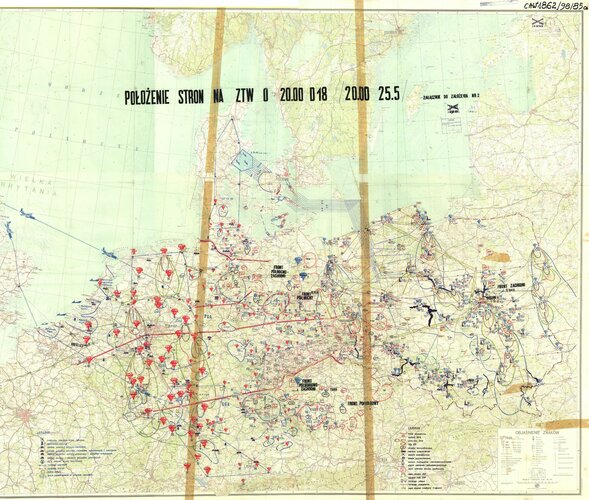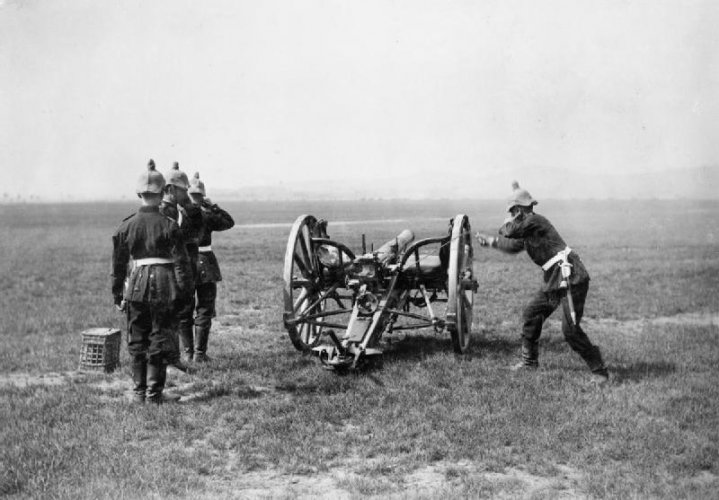- Joined
- 27 September 2006
- Messages
- 6,366
- Reaction score
- 6,701
Between 1945 and 1990 the UK's only source of potential foreign invasion was the Soviet Union. Whereas Germany's Sealion plans of 1940 are the subject of numerous books and wargames, there is little or nothing about Soviet plans for Britain in the event of a war.
With most of Britain's army overseas there were only a handful of infantry units and even fewer armoured or artillery left in the UK. Unlike European countries British Police forces were not lavishly equipped with automatic weapons or light armoured trucks.
Air Defence was focussed on key military sites. Large urban centres were not protected.
It is perhaps understandable since most accounts of a possible WW3 end with nuclear exchanges in Europe spreading to both US and Soviet cities.
But in the 70s there were real fears that NATO was being hollowed out. Eurocommunists in several countries might welcome Soviet forces. The US seemed increasingly paralysed by Vietnam and its aftermath.
But the Soviet Union was much more cautious than it appeared. I suspect the truth is that invading Britain was dismissed as a step too far.
With most of Britain's army overseas there were only a handful of infantry units and even fewer armoured or artillery left in the UK. Unlike European countries British Police forces were not lavishly equipped with automatic weapons or light armoured trucks.
Air Defence was focussed on key military sites. Large urban centres were not protected.
It is perhaps understandable since most accounts of a possible WW3 end with nuclear exchanges in Europe spreading to both US and Soviet cities.
But in the 70s there were real fears that NATO was being hollowed out. Eurocommunists in several countries might welcome Soviet forces. The US seemed increasingly paralysed by Vietnam and its aftermath.
But the Soviet Union was much more cautious than it appeared. I suspect the truth is that invading Britain was dismissed as a step too far.
Last edited by a moderator:



